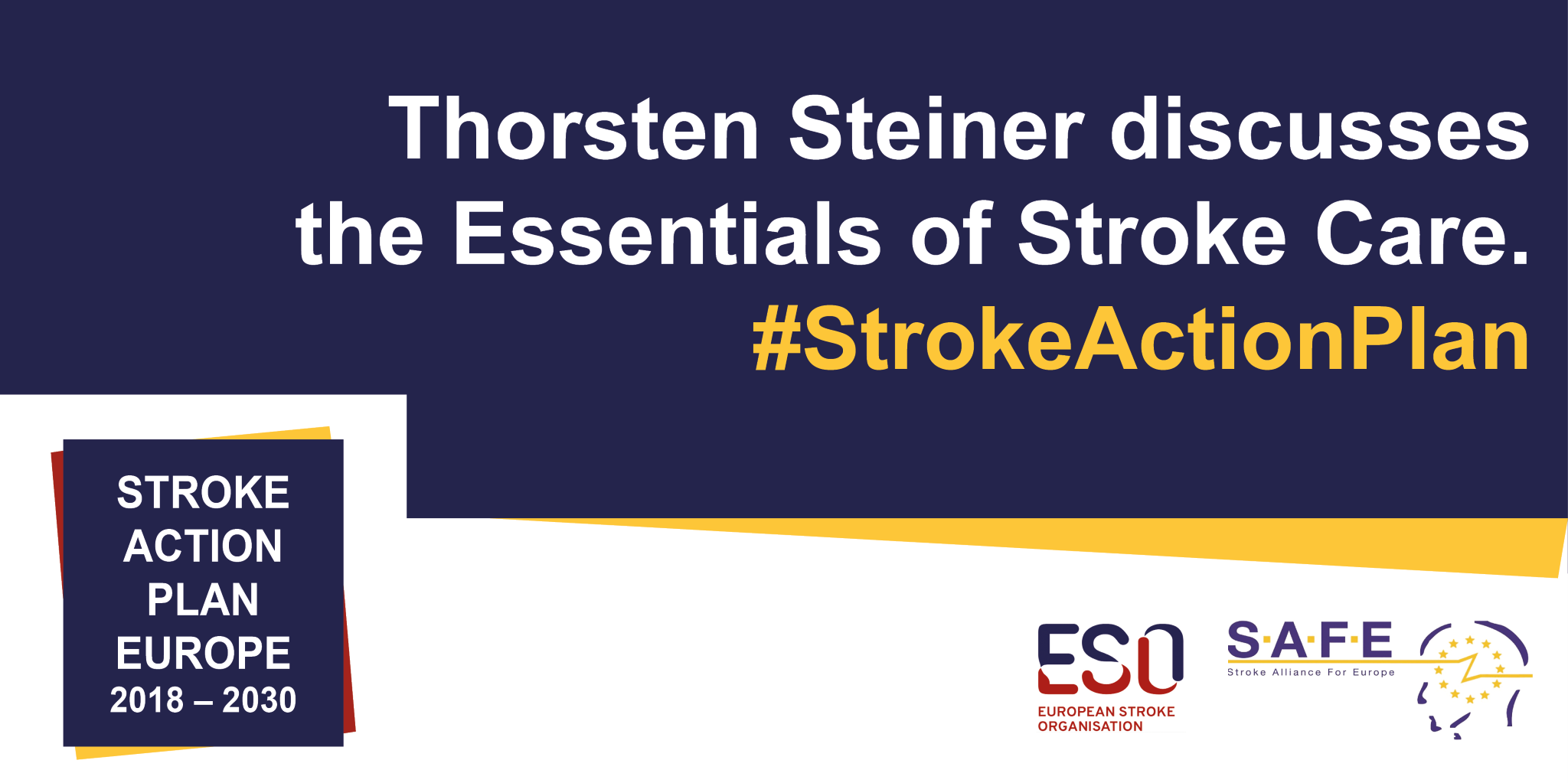
Mar 1, 2022
The Essentials of Stroke Care was developed to support the implementation of the Stroke Action Plan for Europe.
It is a practical tool to help help healthcare professionals improve stroke care, containing an overview of evidence-based interventions for the whole stroke care pathway.
Find out what motivated Professor Thorsten Steiner to create Essentials of Stroke Care in this short video
Download Essentials of Stroke Care or find more resources at https://actionplan.eso-stroke.org/
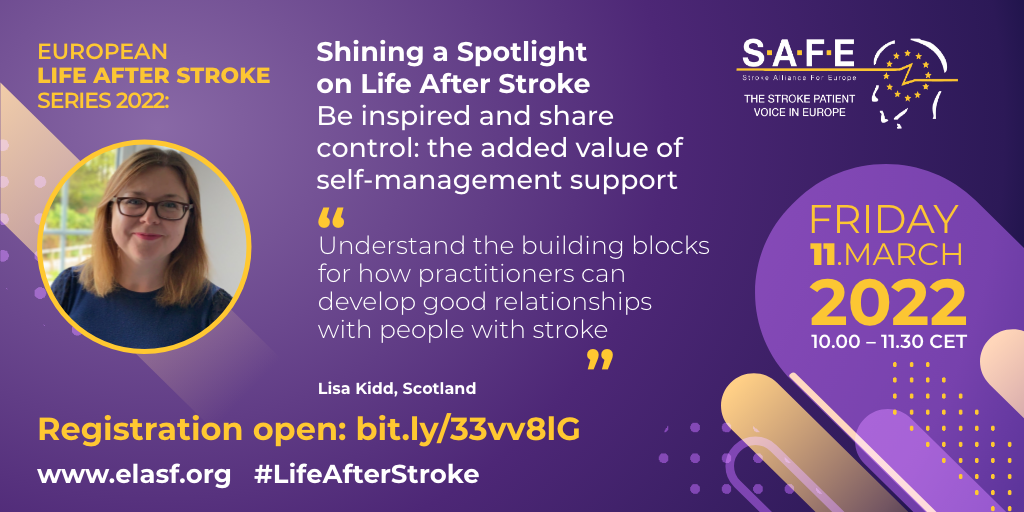
Feb 22, 2022
Stroke survivor Scott Ballard-Ridley will be starting the morning session at our Life After Stroke event on 11 March 2022, 10.00 – 11.30 CET.
He will be joined by Professor Fiona Jones (England), Dr Lisa Kidd (Scotland), Professor Hanne Palleson and Mette Brandi (Denmark). They will be sharing their research and insights on self-management.
You will understand how genuine and authentic relationships help people living with stroke to become confident self-managers and the building blocks for how practitioners can develop good relationships with people with stroke. Dr Lisa Kidd
Listen to Lisa Kidd talk about the session youtu.be/eXOBGU05j3M
View the full programme and register for a FREE place.
We are currently seeking accreditation for this event from the European Accreditation Council for Continuing Medical Education.
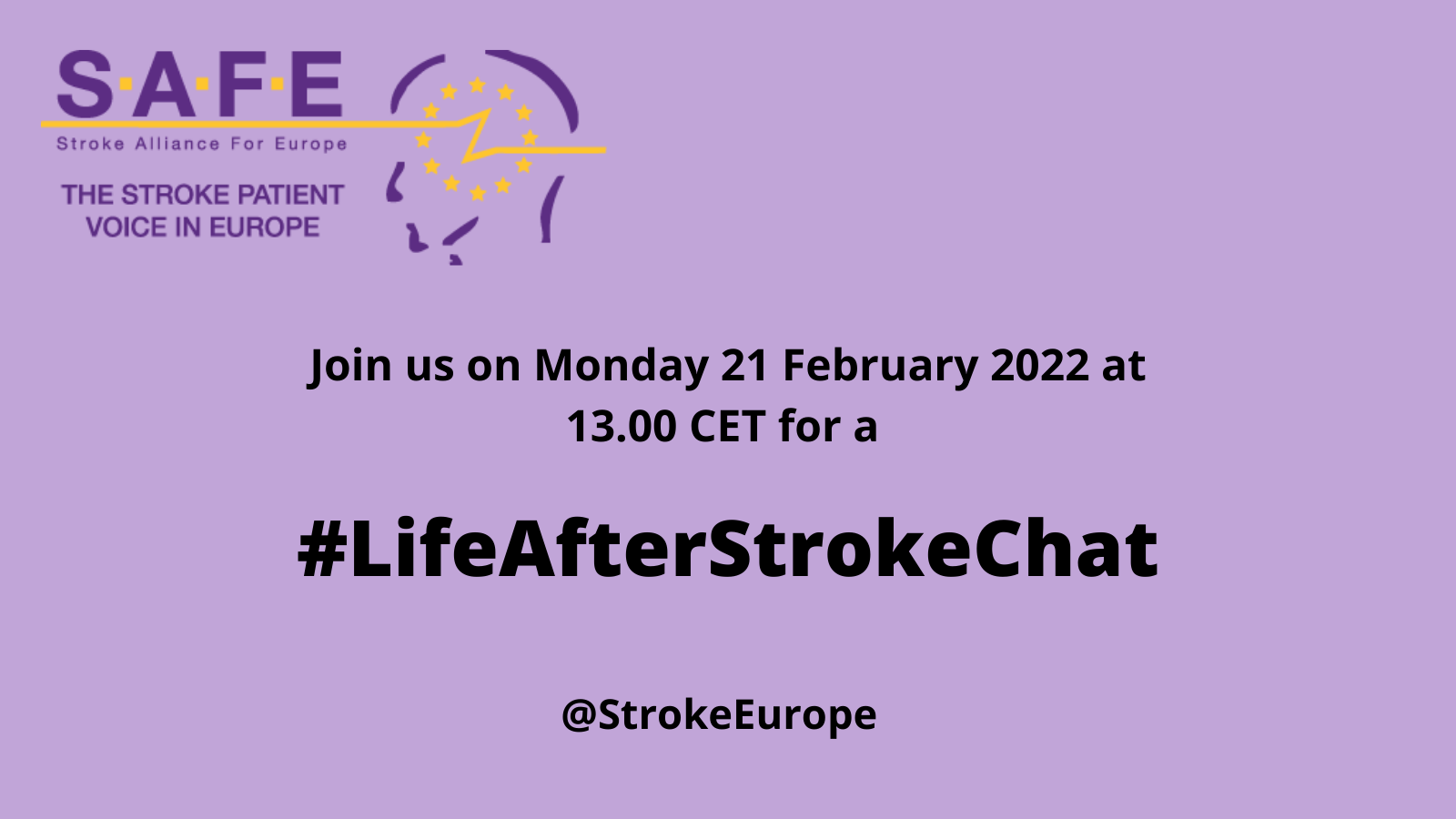
Feb 15, 2022
Join us and our special guests, Professor Avril Drummond, Marina Charalambous, Dr Carina Persson, stroke survivor, Diana Wong-Ramos and Lesley Scobbie for our first Tweetchat on Life After Stroke.
Join in the conversation by searching the hashtag #LifeAfterStrokeChat and discuss important issues around life after stroke.
Find out more about our Life After Stroke events bit.ly/3KmsUWu
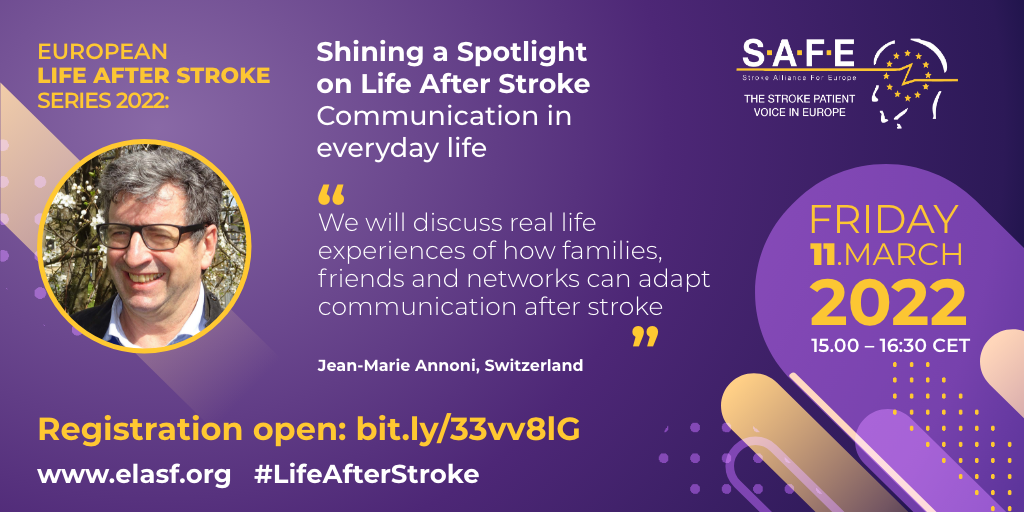
Feb 15, 2022
Professor Jean-Marie Annoni is one of four speakers at our afternoon plenary on 11 March at 15.00 CET.
The session will focus on overcoming communication barriers faces by people with stroke.
Stroke survivors will share their experiences. They will show that even without aphasia, communication failures are common and can result in confusion and distress.
Listen to Professor Jean-Marie Annoni talk about communications after stroke in everyday life and why you should join him at the 2nd Life After Stroke plenary on 11 March, 15.00 -16.30 CET.
Sign up here bit.ly/33vv8lG
For more information about the programme visit bit.ly/3KmsUWu
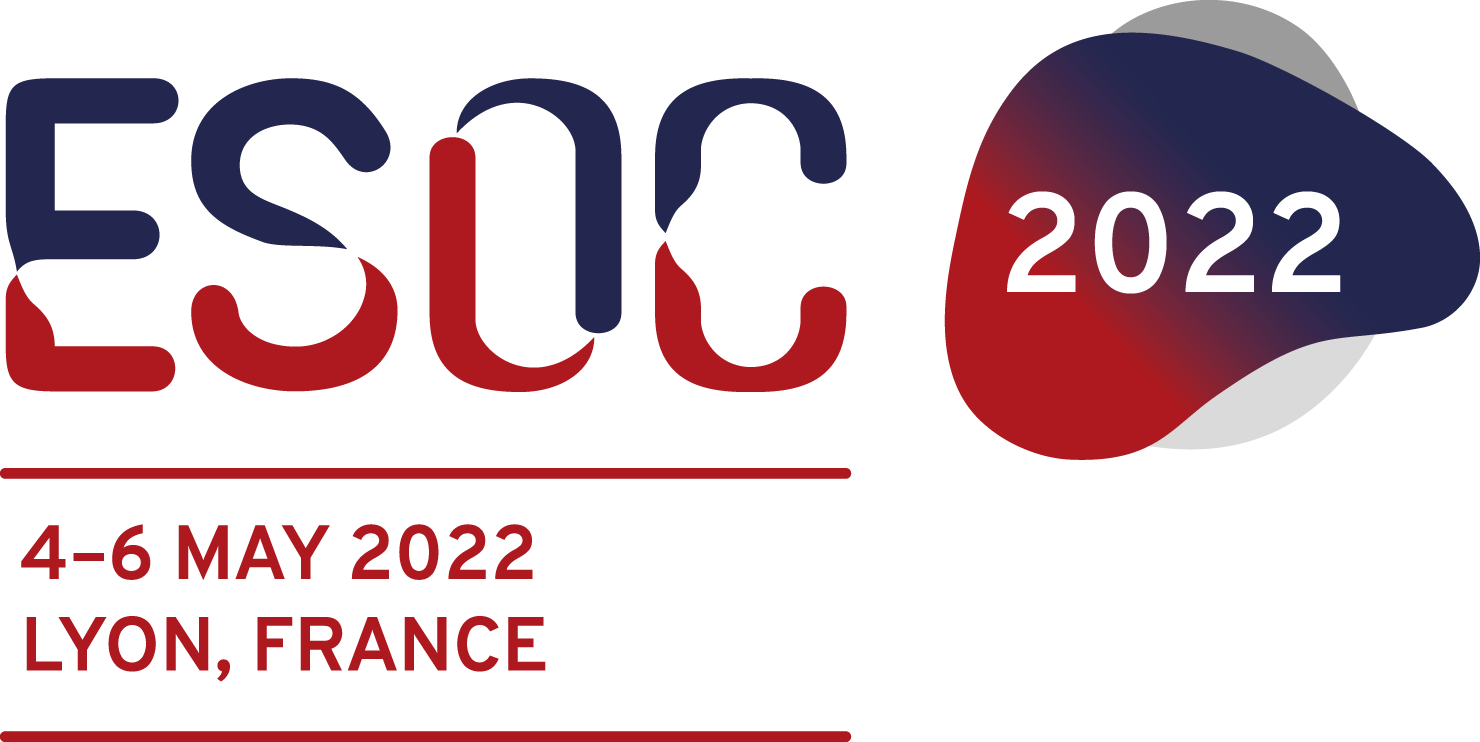
Feb 15, 2022
For the first time in two years, the European Stroke Conference will be in-person.
You will be able to network face-to-face, spend time with friends and colleagues, and enjoy the highly valuable, state-of-the-art, scientific content at the conference on 4-6 May 2022.
If you cannot make it in person, it will be accessible in a hybrid virtual format.
Registration is open. Register early to get the best rates.

Feb 8, 2022
We will be hosting our first live Tweetchat on 21 February at 13.00 CET.
We will be discussing – along with our special guests from across Europe – the importance of Life After Stroke for stroke survivors, families, practitioners and the wider community.
Join the conversation by searching the hashtag #LifeAfterStrokeChat and follow us on Twitter @StrokeEurope
Life after stroke often gets forgotten when it should be a key focus for a stroke survivor’s recovery. This discussion will help us shine a spotlight on life after stroke, how we can make it a priority and improve life after stroke care.’
Professor Avril Drummond, special host #LifeAfterStrokeChat
For more information on our Life After Stroke events bit.ly/3KmsUWu









